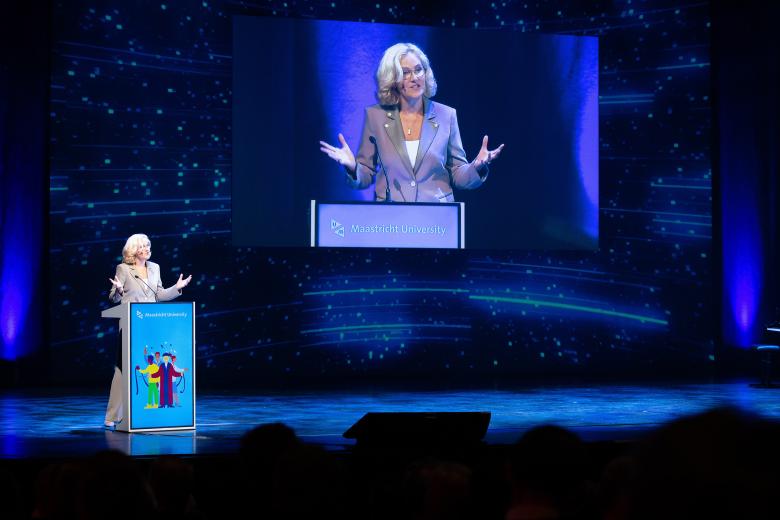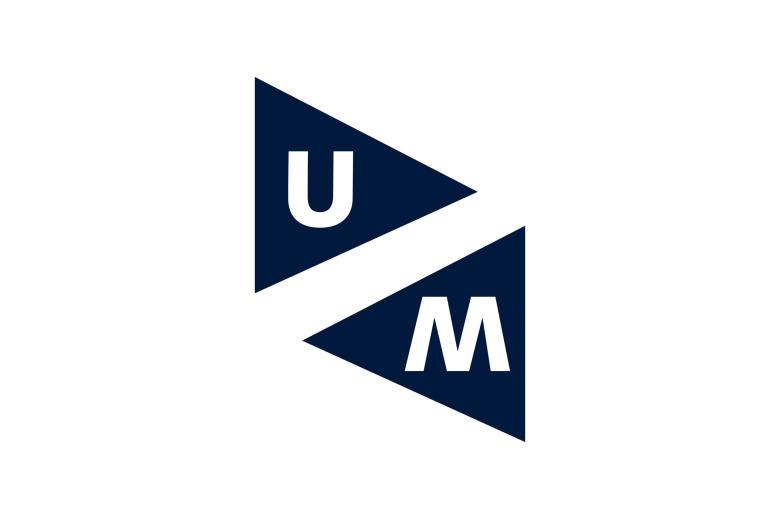Globalization & Law Network seminar ‘Legal Options to Make the EU’s Foreign and Security Policy More Effective’ wih Ramses Wessel
On 28 March 2023, the Globalisation and Law Network had the pleasure to have Prof. Ramses Wessel, vice-dean of the Faculty of Law of the University of Groningen, at Maastricht University.
During the seminar, which was organized in collaboration with the Maastricht Center for European Law (MCEL), Prof. Wessel talked about his research, commissioned by the European Parliament, on the legal options to make the EU’s Common Foreign and Security Policy (CFSP) more effective. Prof. Andrea Ott acted as a discussant.
Prof. Wessel gave an overview of what the CFSP is and why this policy displays some ‘atypical’ features, because of its decision-making procedure. He went on to explain the current challenges faced by the CFSP, from the perspective of the Court of Justice of the EU. Prof. Wessel then proceeded to analyze the use of Article 31 and the use of qualified majority voting (QMV) for CFSP decisions, but also the possible advantages and challenges of extending QMV to CFSP matters.
In the end, Prof. Wessel presented his policy recommendations on how to improve the EU decision-making in general and in the field of CFSP and, more specifically, whether it could be sustainable to use the ‘treaty sleeping beauties’, such as the passerelle clauses, to shift from unanimity to QMV.
If you are interested in joining the upcoming seminars organised by the Globalization & Law Network, you can view the program and register here.
Also read
-
Opening Academic Year: Ellen Bastiaens on PBL and the Future of Learning
The academic year 2025/26 opened on 1 September with a programme at Theater aan het Vrijthof themed UM Innovates – today’s education, tomorrow’s skills. Ellen Bastiaens, Director of EDLAB, spoke about the enduring role of PBL and how it can guide us in shaping education in a world where AI is...

-
Reappointment of rector and president of the Executive Board of Maastricht University
The Supervisory Board of Maastricht University has reappointed Rianne Letschert and Pamela Habibović as president of the Executive Board and rector magnificus of UM, respectively. The Supervisory Board’s decision is based in part on the positive recommendations of the University Council and the...

-
EDLAB launches new project on AI and the future of learning at UM
Starting in September 2025, EDLAB is launching a new project to explore how artificial intelligence (AI) and broader societal shifts will shape the future of learning at Maastricht University.
